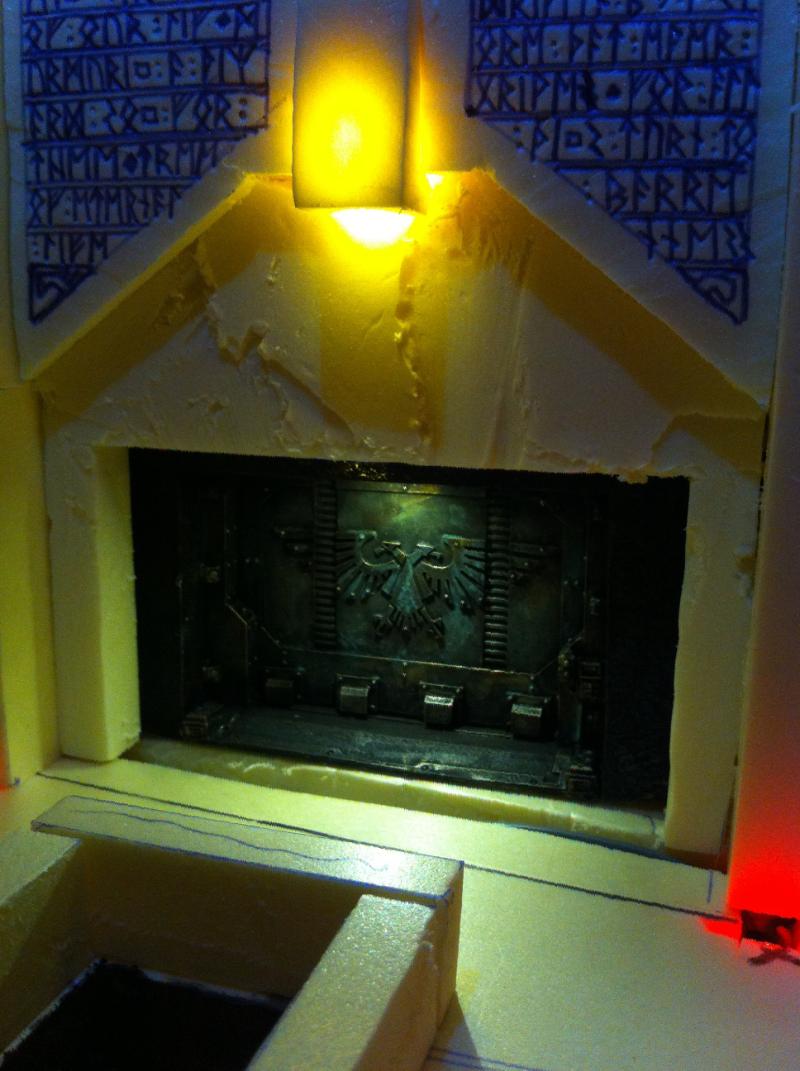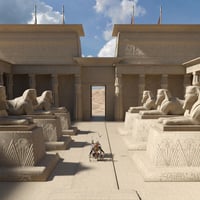
The further fact that the gospel was extensively preached in Palestine prior to the advent of the Israelites under Joshua must open our minds to the possibility of a fully manned church organization in the Holy Land in ancient times. 2 in the Book of Abraham must convince the thoughtful Latter-day Saint reader that Abraham was acquainted with the sacred endowments and hence a temple or its equivalent in which they would be administered. The explanations given to certain figures contained in Facsimile No.

( D&C 84:14.) The fact that tithes were paid in Abraham’s time would lead us to believe that such income would be used in part for erecting houses of worship and for building or maintaining a temple “which my people are always commanded to build unto my holy name.”

14:20.) Abraham also received his priesthood from Melchizedek. The church existed in Abraham’s day in fact, the great Melchizedek seems to have been the head of it, and it was to him that the father of the faithful paid tithes. It is true that scripture says little directly about temples in the days of the ancient patriarchs, but that does not prove they did not exist. Some may ask where the temples were in which they could receive their endowments. ( D&C 132:37.) Abraham, Isaac, and Jacob must have had sealed upon them all of the blessings of the gospel, including all of the holy endowments given to the faithful in mortality. The Lord says that he “hath entered into his exaltation and sitteth upon his throne.” ( D&C 132:39.) The same may be said of Isaac and Jacob. Much is said in Doctrine and Covenants 132:29–37 about the blessings Abraham received as a result of his faith in God. When one thinks of Enoch and his people who walked with God and were received into his bosom ( Moses 7:69), it seems incredible that they should be so received without the endowments usually given to men in holy temples only. In Doctrine and Covenants 124:39, the Lord speaks of his holy house “… which my people are always commanded to build unto my holy name.” (Italics added.) And why should not temples be as necessary for the giving of holy endowments to the living in the days of the ancient patriarchs as now? Surely the Lord’s requirements for the exaltation of men in antiquity would be essentially the same. One has only to read the scriptures carefully, particularly the modern scriptures, to discover that temples must have been built and used in antiquity, even in the days of the antediluvian patriarchs.


 0 kommentar(er)
0 kommentar(er)
